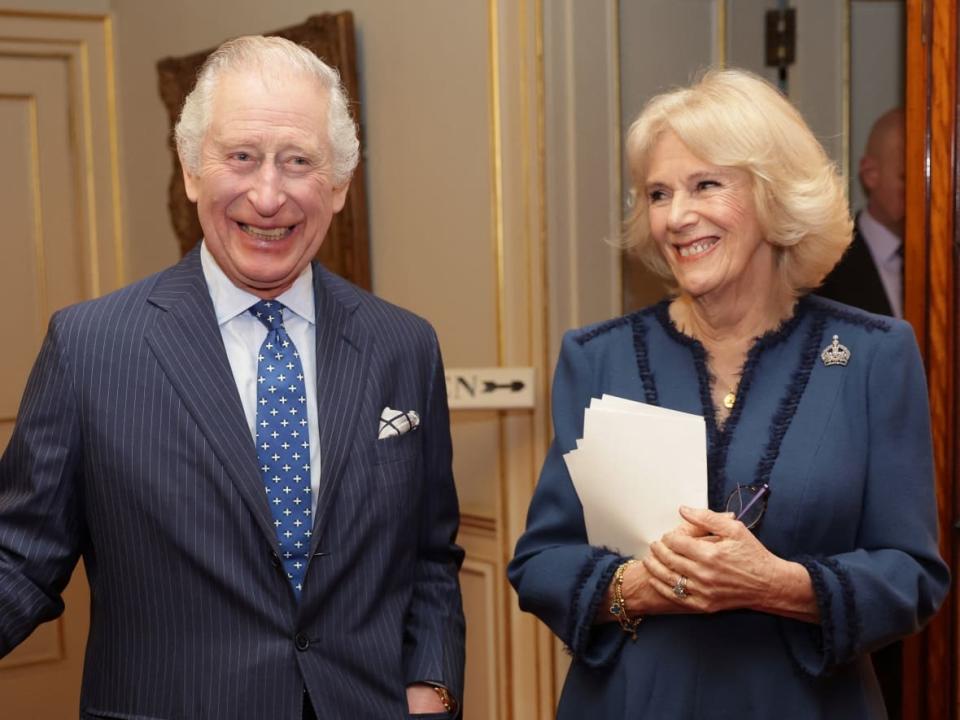
The Progressive Conservative MLA for St. Croix and longtime ardent fan of the Royal Family will mark the crowning of King Charles III with a coronation tea in St. Stephen on Saturday.
She even persuaded the King’s official representative in New Brunswick, Lt.-Gov. Brenda Murphy, to put in an appearance.
“I just wanted something fun and to mark the day, so people could be part of a global event and part of history,” said Bockus, who enthusiastically covered several royal visits to the province during her previous career as a newspaper reporter.
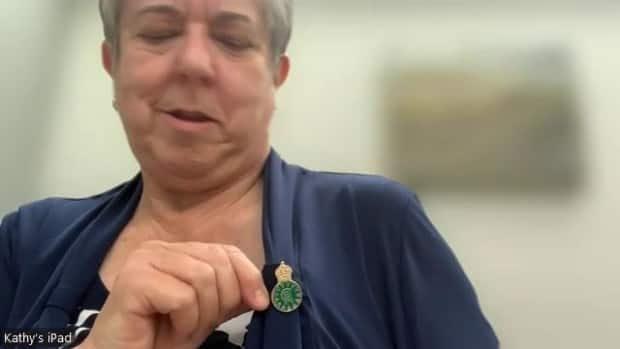
In a survey released Thursday by Abacus Data, 64 per cent of respondents said they’d vote to eliminate the monarchy in a hypothetical referendum. Only 36 per cent would keep it.
Bockus is firmly in the keep-it camp.
“It’s the longevity, it’s the history, it’s the steadfastness of the Royal Family that appeals to me. Today we are such a disposable society,” she said. “Things come and go.
“Think about how deeply ingrained our whole system is in the monarchy.”
Just down the highway from Bockus’s coronation tea, however, her fellow Progressive Conservative Andrea Anderson-Mason says it’s time to reconsider those ties.
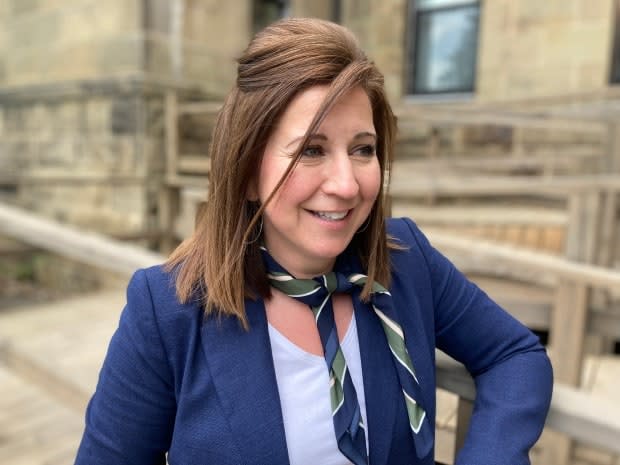
But the former attorney general recognizes that any move to sever the connection “would be a very complicated process.”
Those complications come in the following three categories.
1. How to do it
Most polls showing support for ditching the monarchy didn’t ask Canadians how many years of constitutional wrangling they’d be willing to tolerate to make the change.
The role of the monarch — its powers, status and constitutional role — is enshrined in the Constitution, and the federal government and all 10 provinces would have to agree on changing it.
The last time Canada tried to amend its Constitution, between 1987 and 1992, the federal and provincial governments were consumed with years of divisive debates over Quebec’s role in the country, Western Canadian grievances and other issues.
Since then, politicians have shied away from trying again.
“There are some constitutional scholars who say the Canadian Constitution is basically unamendable,” said University of Moncton law professor Érik Labelle Eastaugh.
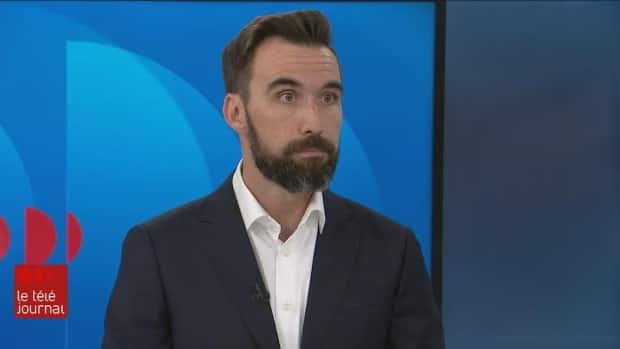
“I just don’t see that happening at this point in time,” said Anderson-Mason. “I think we’d be dead and buried before the process finished, if we ever did start it,” Bockus said.
2. What would replace it?
In an interview with CBC’s The National this week, King Charles’s sister, Princess Anne, said that “the monarchy provides, with the Constitution, a degree of long-term stability that is actually quite hard to come by any other way.”
Even if there were a consensus on ditching it, agreement on what would replace it — how to preserve that stability — would be another challenge altogether.
“There’s basically an infinite varieties of possibilities you could dream up there,” said Labelle Eastaugh.
One option would be a ceremonial head of state with limited powers, modelled on the role of the governor general and the lieutenant-governors — to summon and dissolve parliaments, swear-in governments and sign bills into law.
In many European countries, parliaments choose ceremonial presidents and generally opt for someone who is widely respected.
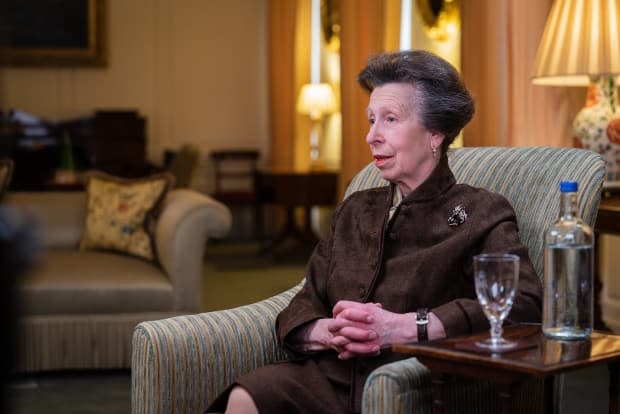
“If they do enjoy a direct mandate, perhaps some enterprising individual would decide to start interpreting their powers more creatively and more expansively, and then you start to get into constitutional debates about where those limits are,” said Labelle Eastaugh.
Anderson-Mason said the American presidential system is one possibility, but “I don’t know that they have necessarily been the example to us.”
Labelle Eastaugh said that would be “really re-engineering” the entire constitutional architecture of the country.
“My guess is that there wouldn’t be much appetite for anything so far-reaching.”
3. How would new head of state take over Crown’s obligations?
The Crown’s neutrality and impartiality have occasionally been critical to New Brunswick’s political stability.
In 2018, the New Brunswick election produced no clear majority.
Liberal Premier Brian Gallant won fewer seats than the Progressive Conservatives and said he would try to win the support of smaller parties in the legislature to stay in power.
PC Leader Blaine Higgs questioned whether Gallant could, or should, do that.
The question was settled by Jocelyne Roy-Vienneau, the lieutenant-governor at the time.
As the Crown’s representative in New Brunswick, she followed centuries of convention by allowing Gallant to try to win a confidence vote — and then inviting Higgs to form a government when Gallant failed.
“We have seen instances where the lieutenant-governor has played an important role, where they have been perceived as bringing stability,” Anderson-Mason said.
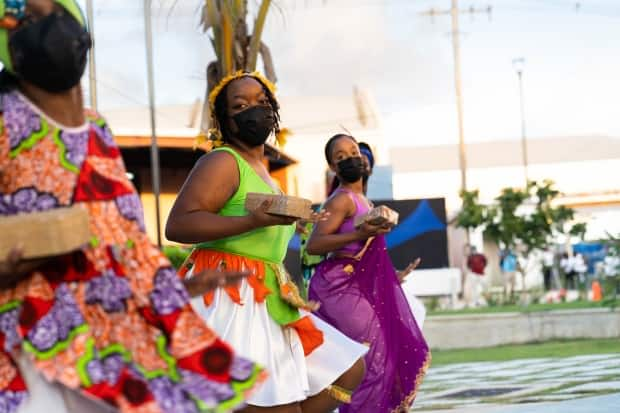
It’s the Crown, not governments, who are parties to legally recognized treaties.
So what happens to those obligations if the Crown is gone?
Labelle Eastaugh said that one sense, the Crown “is just the corporate personality of the state as a whole,” and the state would continue to exist.
“There’s no reason why you wouldn’t be able to simply continue or maintain the various obligations and duties that are held to apply to that corporate personality.”
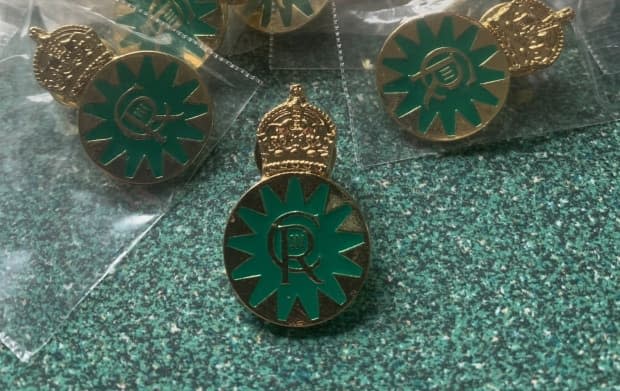
“If you start tinkering with the terminology, you’d have to do that very carefully and it’s not clear what effect that could have,” he said.
The constitutional law professor said his personal opinion is that “the continued symbolic association with Britain” is outdated.
But “the practical importance is very small. It’s not a hill I’d be willing to die on, or sacrifice very much to gain.”
He said a truly Canadian symbol as head of state would be ideal.
But “on the flip side, I think our system is remarkably robust. It works extremely well by international standards. It’s weathered all kinds of difficulties and crises so I’d hesitate to tinker too much with the basic structure.”
*****
Credit belongs to : ca.news.yahoo.com
 Atin Ito First Filipino Community Newspaper in Ontario
Atin Ito First Filipino Community Newspaper in Ontario






